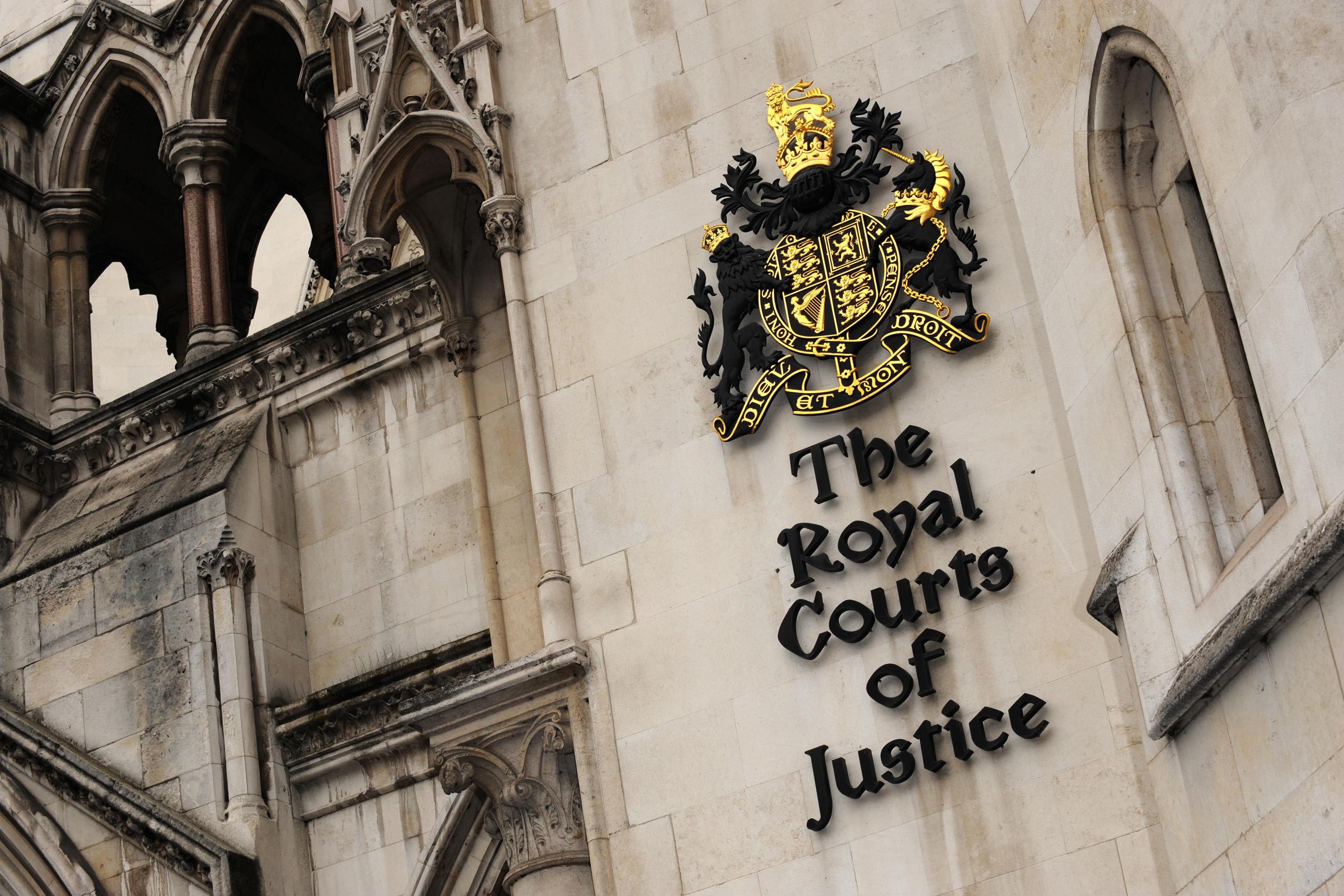Three suspects in Tokyo robbery lose challenge over Japan extradition request
Joe Chappell, Daniel Kelly and Kaine Wright are alleged to have posed as a customers to gain entry to the store in 2015.

Three men suspected of violently robbing a Tokyo jewellery store have lost a High Court challenge over the first extradition request to the UK from Japan.
Joe Chappell, Daniel Kelly and Kaine Wright are alleged to have posed as a customers to gain entry to the store in 2015, with one of them punching a security guard and injuring his face, the court was told.
The trio allegedly made off with jewellery valued at 106,272,000 yen – about £630,000 – and were later identified as suspects by Japanese police.
No extradition treaty exists between the UK and Japan, so the two nations negotiated a “memorandum of cooperation” following requests for the men to be sent to the east Asian country in 2018.
There is nothing to prevent the Government of Japan from making a request for extradition, as it has done here, in circumstances where the material in support of the request has been prepared by another agency, in this case the police
The three suspects sought to challenge the Home Secretary’s certification of the extradition request in August 2021, arguing it was unlawful because the request came from the National Police Agency of Japan and not the Japanese Government.
But in a ruling on Wednesday, senior judges dismissed their case and concluded it was “perfectly plain” the request came from the Government of Japan as required by its special agreement with the UK.
The court was told as part of a hearing in London last month that Japanese police documents from March 2018 contained a request to UK authorities for the suspects’ extradition.
They were wanted in Japan to face prosecution for alleged offences of “intrusion upon building” and “robbery resulting in injury”, judges were told.
In April 2018, the Home Office received a communication from the Embassy of Japan making an extradition request.
Lawyers for Mr Chappell, Mr Kelly and Mr Wright argued that the Home Secretary had made an error in certifying the request as valid.
They claimed that notes from the Japanese Embassy were only “transmitting” a request from the police, were “deficient” in their content and did not identify a particular person making the request, judges said in their ruling.
The Home Secretary’s legal team, defending against the three men’s claim, argued the request was “quite plainly” made by the Government of Japan.
The Japanese government’s own lawyers, supporting the Home Secretary’s arguments, said it was closely involved in proceedings and that members of its Ministry of Justice and police had provide a report and given evidence at a magistrates’ court.
In their ruling, Lady Justice Nicola Davies and Mr Justice Choudhury said the April 2018 note contained “an unambiguous statement that a request for extradition is being made by the Government of Japan through its embassy in the UK”.
They added: “There is nothing to prevent the Government of Japan from making a request for extradition, as it has done here, in circumstances where the material in support of the request has been prepared by another agency, in this case the police.”
“This is not… a case where the Government merely sought to ‘transmit’ the request of another entity”, the judges said.
They also accepted legal arguments from the Home Secretary’s lawyers that where “a diplomatic note of this nature is issued by the embassy then it can be taken as coming from the ambassador, the ‘mouthpiece’, of his head of state”.